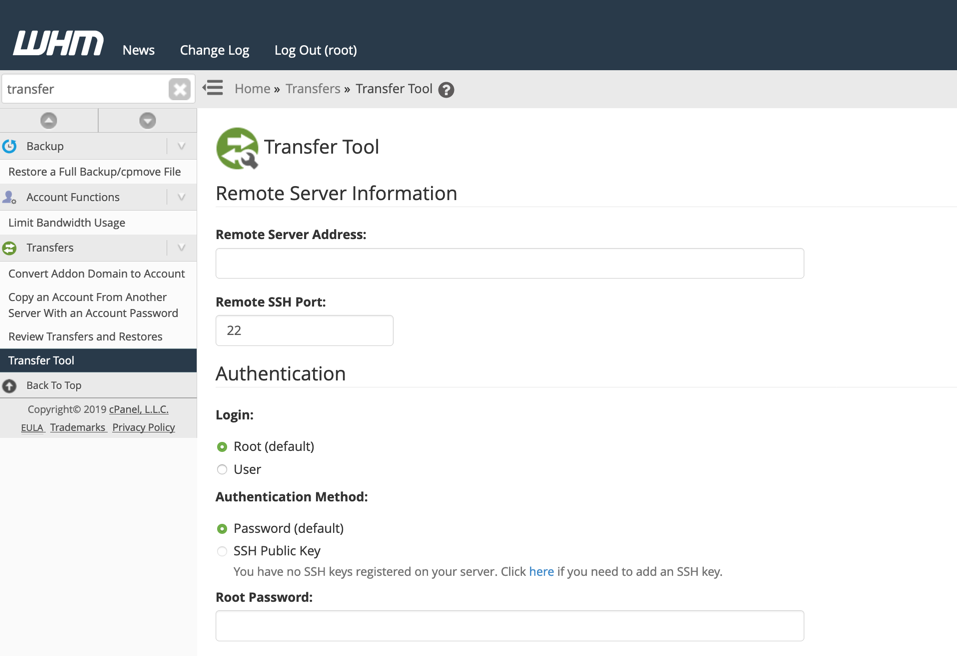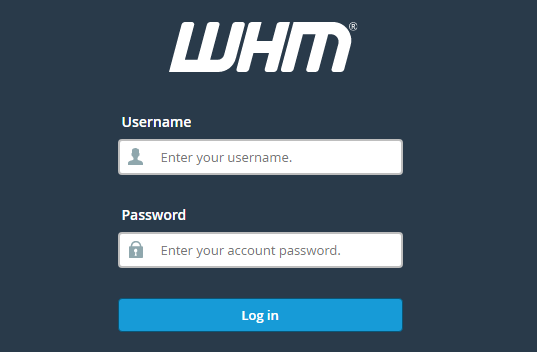
Introduction
Is your MySQL server down unexpectedly? Are you using CloudLinux with MySQL Governor and not sure what to do next?
If you’ve encountered issues where MySQL becomes unresponsive or crashes on a CloudLinux server, you’re not alone. One of the quickest and most effective solutions is using the db_governor restart command.
In this guide, we’ll walk you through what MySQL Governor is, why db_governor restart matters, when to use it, and how it can save your hosting environment — especially during high-load situations.
What Is MySQL Governor by CloudLinux?
MySQL Governor is a CloudLinux tool designed to monitor and limit MySQL resource usage for individual users on shared hosting environments. It prevents a single user from overloading the MySQL service, ensuring stable performance across all accounts.
Key Features:
-
Tracks CPU and disk I/O usage per MySQL user
-
Suspends abusive MySQL users temporarily
-
Protects the server from MySQL overloads
Common Issue: MySQL Is Down or Not Responding
Sometimes, MySQL crashes or stops responding due to:
-
A spike in traffic
-
Abusive or heavy MySQL queries
-
High resource consumption from a specific user
-
Corrupted tables or slow queries
When this happens, you might see errors like:
Or your website might return:
That’s where db_governor restart comes in.
What Is db_governor restart?
db_governor restart is a command-line utility used to safely restart the MySQL Governor-managed database server.
It performs the following:
-
Restarts MySQL server
-
Resets throttled users
-
Re-applies MySQL Governor limits
-
Ensures your server uses CloudLinux resource tracking features correctly after the restart
How to Use db_governor restart
-
SSH into your server as root
-
Run the restart command
-
Monitor MySQL status
This will restart the MySQL service under MySQL Governor’s control — ideal if your MySQL instance was stuck, overloaded, or not following resource limits.
When to Use It
Use db_governor restart when:
-
MySQL is not starting or becomes unresponsive
-
You’ve made changes to the MySQL configuration under CloudLinux
-
Certain users have been throttled or suspended, and you need to reset them
-
You’re recovering from a server overload or MySQL crash
Pro Tips for Stable MySQL with CloudLinux
-
Use
dbtopto monitor MySQL user resource consumption. -
Set up alerts for high CPU or I/O usage.
-
Regularly optimize slow queries with tools like MySQLTuner or Percona Toolkit.
-
Enable cageFS to isolate users and enhance security.
Final Thoughts
If you’re running a shared hosting environment on CloudLinux, MySQL Governor is a lifesaver — and knowing how to use db_governor restart can get your server back online faster during emergencies.
Whether you’re running a hosting business, managing client websites, or simply maintaining your own WordPress server, this command can prevent downtime, retain customers, and keep things running smoothly.
Want More Traffic and Stability?
At HoganHost, we offer optimized hosting powered by CloudLinux, MySQL Governor, and LiteSpeed for maximum performance and reliability. Join Nigeria’s best hosting platform today and enjoy worry-free uptime with expert support.
Explore HoganHost Hosting Plans

![How to Install cPanel on CentOS 7 [step-by-step 2021guide]](https://hoganhost.com.ng/blog/wp-content/uploads/2021/01/Install-cPanel-1024x536-1.png)


